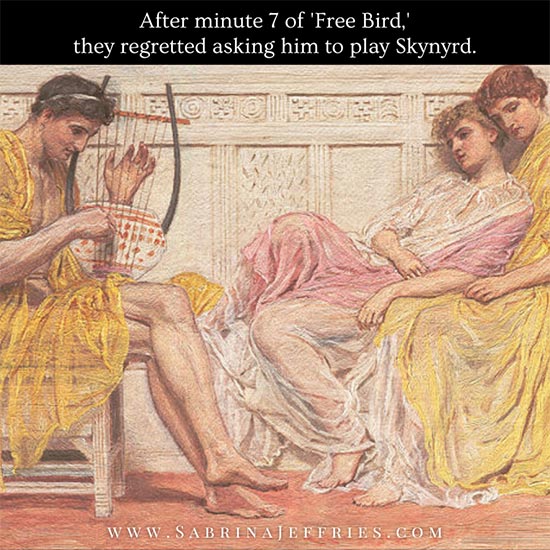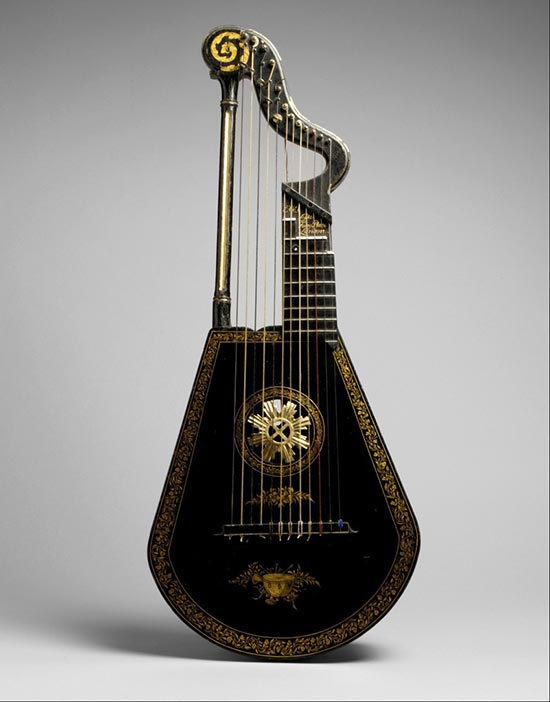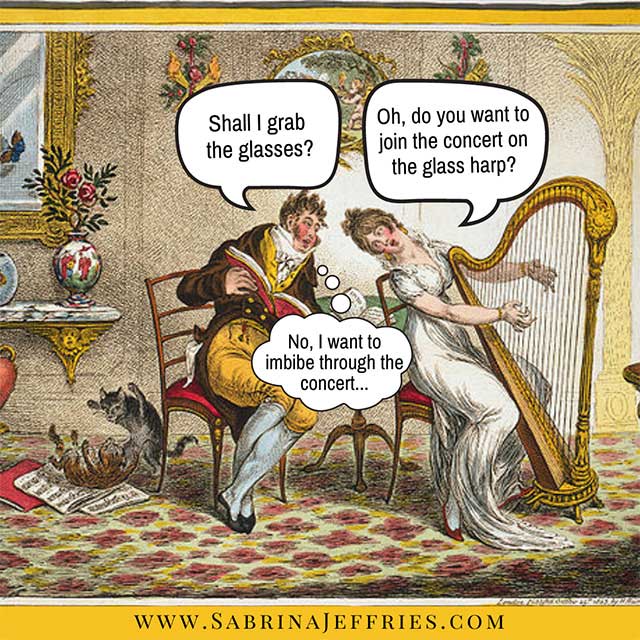Ballads

This has nothing to do with lipedema, but What Happens in the Ballroom (presently available on Kindle Unlimited, among other retail spots) has a scene where widow Eliza Harper Pierce sings several songs to entertain an audience. One of those, “The Suffolk Miracle,” is a ballad that Eliza uses to torment her papa (also in the audience) about a father who disapproves of his daughter marrying a man of a lower station. You can read the lyrics here, but I chose it by accident while looking for the ballad, “The Holland Handkerchief,” which I have on my folk albums. The two tell a nearly identical story, but “The Suffolk Miracle” is the title Eliza is likely to have heard for it. I happen to love ballads, and I learned long ago that most period ballads have multiple renditions, with variations in wording, title, and even ending. I only wish there was a version for this one with a happy ending!




